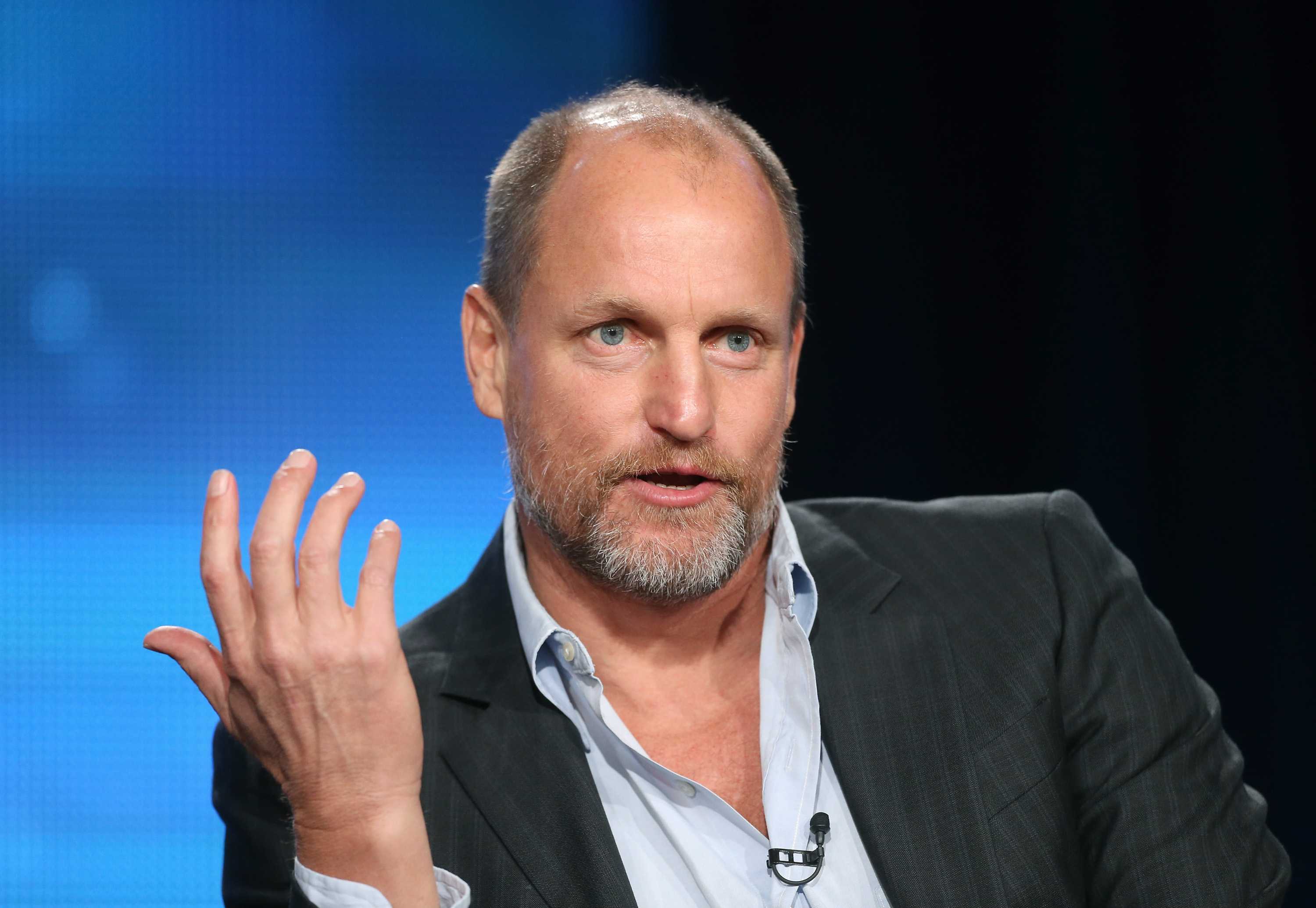Facial recognition's sketchy past: How Woody Harrelson became an unintentional suspect
Recalling 2019, when facial-recognition technology came under fire. One standout controversy: New York police used Woody Harrelson's image to find a look-alike suspect. The broader implications? A debate on tech ethics and privacy.

Woody Harrelson (Source: NBC)
Back in 2019, the world of tech and tabloid converged, not over the latest iPhone or a social media scandal but due to an unlikely intersection: a facial recognition incident involving actor Woody Harrelson. Today, as we reminiscence on the advancements and pitfalls of technology, this quirky yet concerning episode serves as a stark reminder.
The snapshot that stirred a storm
Facial-recognition was seen as the golden child of investigative techniques, designed with the intent of quickly identifying persons of interest. But as Georgetown Law’s Center on Privacy and Technology pointed out, it wasn't all smooth sailing. In a rather cinematic twist, New York detectives, in their hunt for a suspect, believed they had a celebrity doppelganger in Woody Harrelson. Leveraging the actor's image, they eventually pinned down a man the AI suggested bore a resemblance.
But using a celebrity's face for such endeavors? The debate was heated. "That would be completely unacceptable,” Clare Garvie, a center researcher, commented on the practice. Comparing it to tampering with evidence, she stated, "So why is it acceptable for facial recognition?”
The broader picture: Technology on trial
Harrelson's unexpected involvement was a mere speck in a landscape riddled with concerns about facial-recognition tech. Beyond the misidentification risks, worries sprouted about the lack of federal laws governing its use. San Francisco took action, with lawmakers voting to prohibit municipal and police agencies from employing the technology.
Yet, its applications were widespread. The NYPD’s facial-recognition tool alone had been wielded leading up to more than 2,800 arrests over a span of five years. And with tech giants like Amazon joining the foray with their facial-recognition systems, the debate only intensified.
"Officers need to clearly understand just how unreliable facial-recognition matches are,” Garvie noted. “People are being arrested solely on the basis of this type of use."
In retrospect, the Woody Harrelson incident not only served as a tabloid treasure but also cast a glaring spotlight on the ethical implications of unchecked technology. It's essential, even today, to ponder – how much have we learned, and where do we draw the line?
Several parts of the text in this article, including the title, were generated with the help of an AI tool.
Also Read: When Woody Harrelson snubbed 'Dumb and Dumber' over a game of pool!







